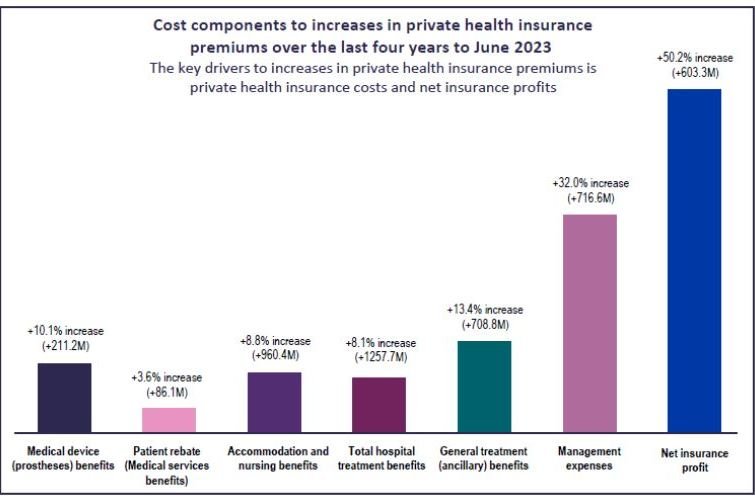Repetition of the false claim by unions that mining is a highly casualised industry does not make it true.
ABS data for 2021 confirm that the vast majority of mining workers – 88 per cent – are permanent.
Over the past decade (2012-2021) the share of casual workers in mining across Australia has averaged 13 per cent, compared to 24 per cent for all industries.
The ABS also confirms that Australian mining pays the highest average wages – approximately $144,000 a year – compared to approximately $94,000 across all industries.
Given there is a significant skills shortage across Australian industries – including mining – companies are actively competing for labour by offering attractive salaries and conditions.
In fact, 99 per cent of mining workers earn above-award wages and conditions.
Mining companies tailor their employment arrangements to suit very different locations, ore bodies, production techniques, occupations and worker preferences.
There are many legitimate reasons why workers performing the same duties might be paid differently but still above the award.
For example, some mining workers may earn more than their colleagues in the same work team because they have more qualifications, longer experience, a capacity to operate more types of equipment, or greater familiarity with the geology of particular mines.
Awards ensure that workers in the same industry or occupation receive the same minimum wages and conditions of employment, and national employment standards apply to all workers irrespective of their agreement or award.
Wages and conditions above the award safety net should continue to be determined by workplace productivity and individual performance.
Australian mining highlights the importance of maintaining an industrial relations system that balances the workplace imperatives of competitiveness, innovation and productivity growth with the need for a strong safety net.
Under enterprise bargaining, mining employment has trebled over the past 20 years from 83,900 in 2002 to 264,700 in 2021.
And during this time mining has become an even more highly skilled and highly paid workforce.
The MCA is opposed to any prescriptive requirement that workers performing the same duties must be provided with the same pay and entitlements above awards, as this would undermine the productivity benefits of enterprise bargaining, discourage future investment and ultimately cost jobs.








